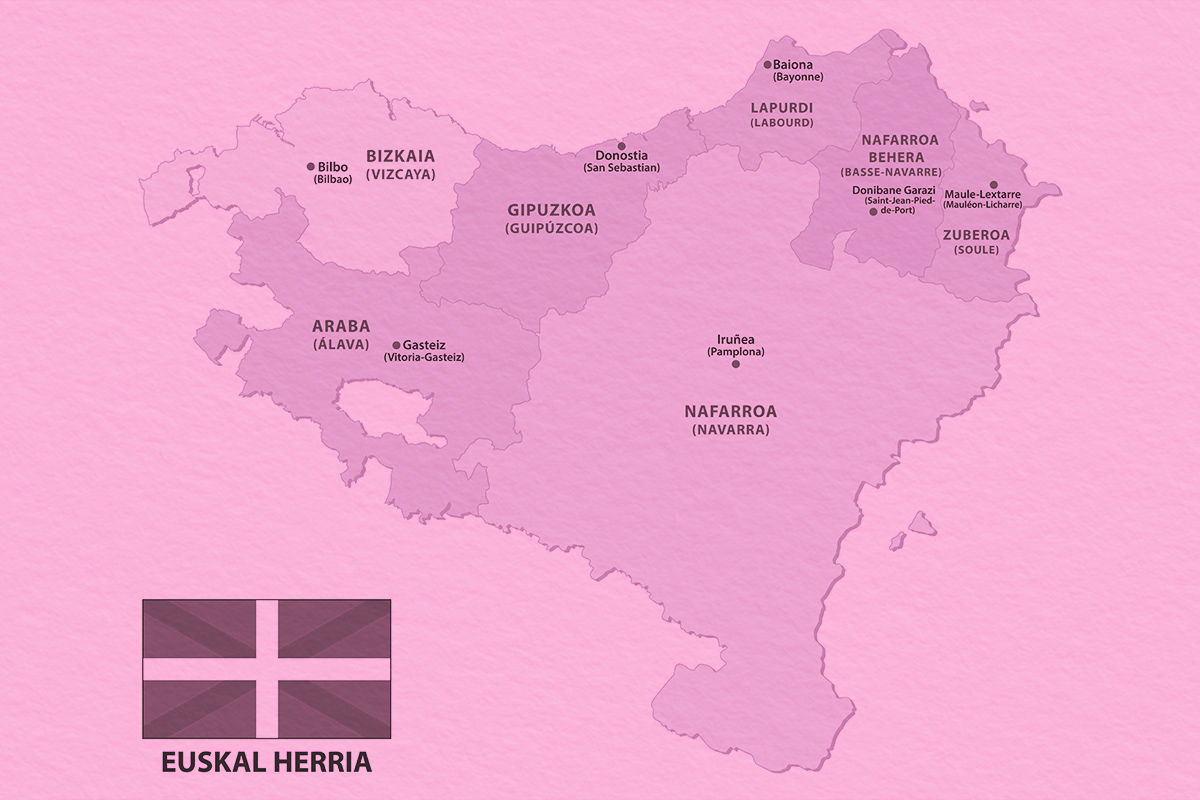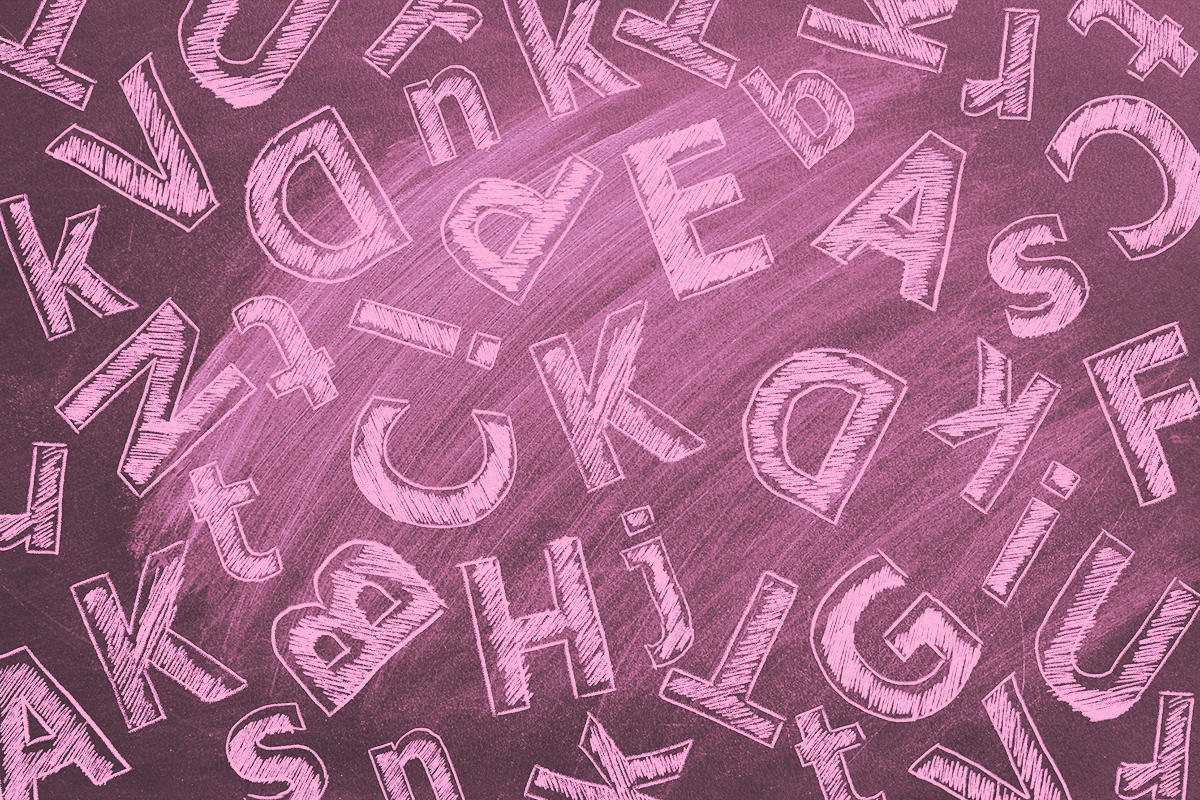
Around the coastal Louisiana area, you’ll hear a distinctive accent and a unique dialect. When Mardi Gras happens each spring, the influences from this region spread across the country, and you’re likely to see the words “Creole” and “Cajun” on restaurant menus, to describe parties, and in many other contexts that might not be exactly correct. These two words have been used interchangeably for quite some time, but they define two distinct cultures — one that arose in New Orleans, and the other rural.
The French founded New Orleans in 1718, naming it for the Duke of Orleans. At that time, the term “Creole” referred to non-Indigenous people born in colonized countries of the Americas. This was the era of enslavement, so early on, the term was exclusively for white people. In New Orleans, that meant the children of the white French ruling class.
But the distinction didn’t stick. “Creole” gained a more general meaning, and people born in the colonies who had mixed ancestry or parents from Africa were also called “Creoles.”
Tracing Creole roots on a family tree can help explain why the adjective could be used by both an upscale French-inspired restaurant and a home-cooking-style diner with dishes such as red beans and rice. (Red beans and rice, in particular, can be traced to Haitian emigres.)
Today, a diner who sees “Creole” on a menu can reasonably assume that dish will be spicy, but that shorthand can be traced through generations of culinary traditions. A French remoulade (close to tartar sauce), given the Creole twist, would be made spicy with paprika and hot sauce added.
In the Americas, especially on plantations, new languages arose as people of different backgrounds tried to communicate by incorporating various European languages. The results were called “Creole languages.” Louisiana Creole is based on French, and is still spoken by some of the descendants of the enslaved people who worked on the sugarcane plantations in the area.
While “Creole” is geographically associated with “Cajun,” they are not the same. Everywhere around Louisiana, there is Cajun food and music, but this word derives from les Acadiens, the name for the French-speaking people who lived along the eastern coast of Canada, then a French colony. When the British conquered Acadia in the 1700s, renaming it Nova Scotia and New Brunswick, the French (les Acadiens) were pushed out.
Some of les Acadiens went back to France, and others went to the French Caribbean. But the Spanish, who had just acquired French-speaking Louisiana, sent emissaries inviting them to come to Louisiana to help fend off the rival British colonists.
The new arrivals didn’t have the means to join the established class of French in New Orleans or the plantation owners. They settled with the Indigenous people and free Black folks and spread throughout the region, mainly near water, in swamplands, along levees and bayous, and on the coastal marshes. Les Acadiens turned into “Cajuns,” and as they made themselves at home, they retained a distinct culture from the New Orleans-based Creoles.
Food is, naturally, a major distinguishing factor in any culture. There are two simple ways to distinguish between a Cajun and Creole dish: Cajuns rarely use tomatoes and their food is spicier. A Cajun jambalaya (the Louisiana version of paella) is brown, not red, like the Creole style. Many Cajuns still speak a nonstandard form of French, but it is different from Louisiana Creole.
Visitors to Louisiana during the Mardi Gras season might decide to embrace the confusion. Cajuns and Creoles are both part of the American melting pot, so it’s hard to unravel what came from whom. In Louisiana and New Orleans, all that matters is to say, “Laissez les bons temps rouler,” a Cajun French phrase for “Let the good times roll!”




















